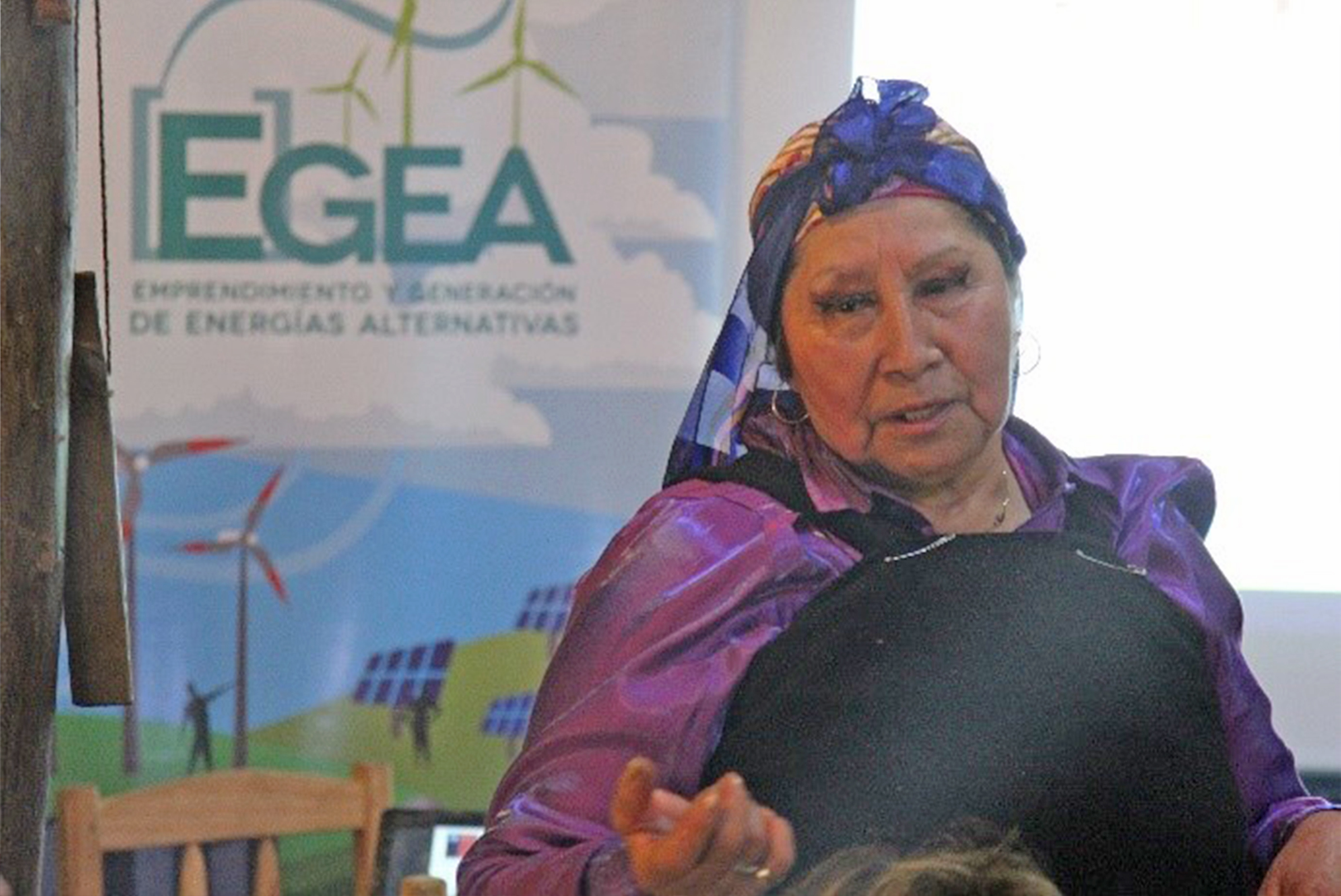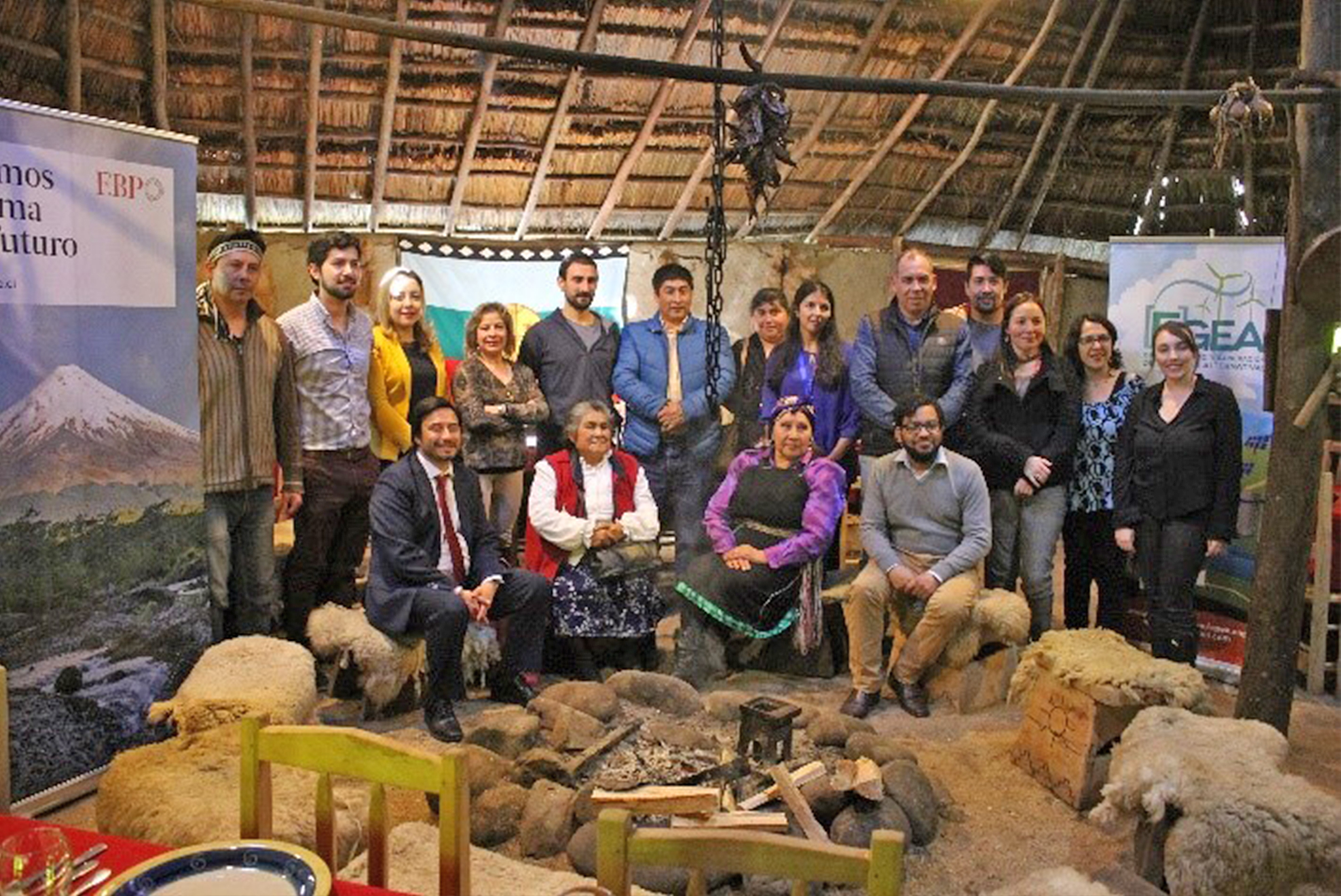Las comunas de Contulmo, Cañete y Tirúa que pertenecen a la provincia de Arauco de la Región del Biobío, participarán en las Estrategias Energéticas Locales (EEL), en el marco del programa Comuna Energética del Ministerio de Energía.
The municipalities of Contulmo, Cañete, and Tirúa, which belong to the Arauco province of the Biobío Region, will participate in the Local Energy Strategies (EEL) as part of the Ministry of Energy's Comuna Energética program. This government program aims to grant a certification to municipalities that develop long-term energy planning and promote energy efficiency and the use of renewable energies. This management tool will encourage community, individual, public, and/or private projects.
For this reason, EBP Chile, together with the NGO Emprendimiento y Generación de Energías Alternativas (EGEA), opted for a participatory approach to constructing the Energy Strategies, seeking to integrate and represent the various territorial stakeholders from the participating municipalities.
Information transfer will be strengthened through the dissemination of ongoing processes.
To achieve these goals, the following was proposed:
- Conduct participatory activities involving citizens: workshops addressing strategic planning, sustainable development, unconventional renewable energies, and energy efficiency.
- Identify the existing dissemination mechanisms in the municipality that allow for effective information transfer in the territory, aiming to encourage participation from various sectors in developing the energy strategy.

The objective is to develop three EEL in the municipalities of Contulmo, Cañete, and Tirúa, through the preparation of a diagnosis of energy efficiency potential and renewable energy resources in the territory, as well as through a participatory process aimed at articulating an action plan that identifies short, medium, and long-term goals, accompanied by concrete project portfolios to be employed for the sustainable and equitable energy progress of urban and rural communities, environmental protection, and technical-social innovation in the territory.
Specific goals for the development of this project will follow these guidelines:
- Implement a procedure that ensures broad and active participation from all stakeholders in the public, private, academic, and civil society sectors throughout the preparation of the EEL.
- Conduct a diagnosis of electricity consumption and generation, thermal energy, and the carbon footprint present in the involved municipalities.
- Calculate the potential for unconventional renewable energies and current energy efficiency.
- Define a vision, objectives, and goals that allow the municipalities of Contulmo, Cañete, and Tirúa to outline an action plan for the energy development of their municipalities, consistent with existing regional and national policies on the matter.
- Define actions regarding the implementation of concrete programs and projects to promote local and sustainable energy development and achieve the objectives and goals defined in the previous objective.
- Build the capacities of the municipalities for executing the action plan, through support in applying for an energy project per municipality.
Three workshops will be held where, first, the benefits of the EEL will be presented, reaffirming the commitment of the identified relevant stakeholders. Second, the results of the energy diagnosis phase and the recap from the previous workshop will be presented, and finally, the objectives will be validated, and the proposed projects will be prioritized.
Below are images from the project launch activity, which included the presence of the mayor of Contulmo, representatives from the Comuna Energética program, the Seremi of Energy for the Biobío Region, representatives from the municipalities of Cañete and Tirúa, and leaders from social organizations. The ceremony took place in a ruca belonging to a tourism entrepreneur from Contulmo, showcasing the Mapuche culture of these territories.
